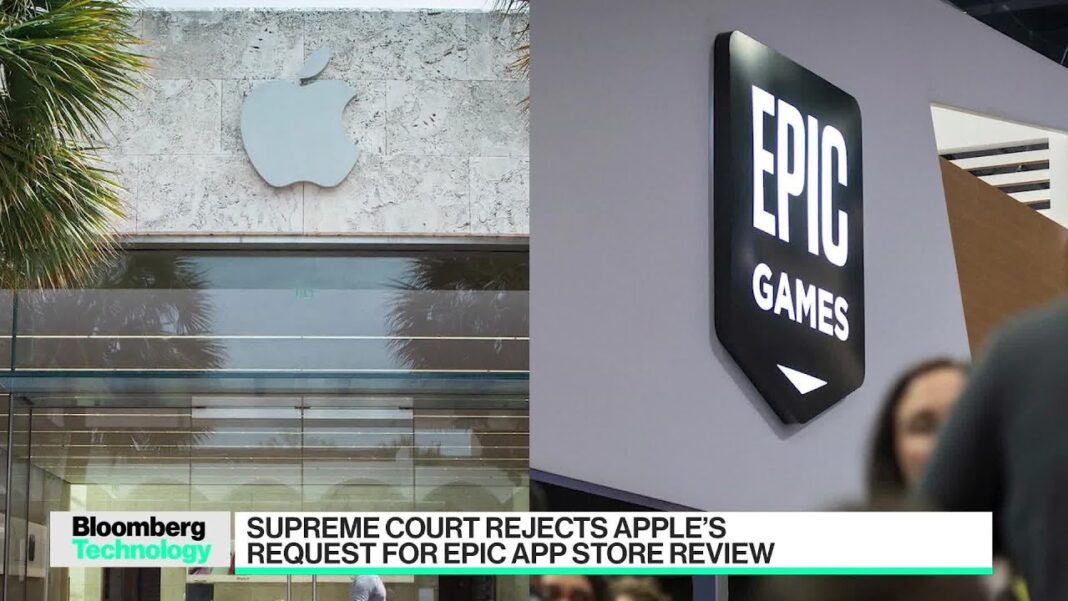President Joe Biden’s 53-year-old son faces three felony charges
The U.S. Constitution’s Second Amendment doesn’t protect President Joe Biden’s son from felony gun charges, federal prosecutors said in a new brief.
“Anglo-American law has long recognized that the government may disarm those who, by their conduct or characteristics, present an increased risk to public safety if they possess firearms,” prosecutors said in the Jan. 16 filing. That means a U.S. law against gun ownership by people who use or are addicted to drugs can still stand under the U.S. Supreme Court’s 2022 decision that struck down restrictions in New York, they added.
Hunter Biden, 53, is facing three felony counts after certifying on a form in 2018 that he wasn’t a user of or addicted to drugs. Mr. Biden later wrote in his memoir that he was using drugs at the time.
However, lawyers for the defendant argued in late 2023 that the statute Mr. Biden was charged with violating isn’t constitutional under court precedent, including the Supreme Court decision in New York State Rifle & Pistol Association v. Bruen.
“In truth, the statute is indefensible under the Bruen framework,” they wrote in a motion to dismiss.
Lawyers referenced a recent appeals court ruling in favor of a man from Mississippi named Patrick Daniels Jr., who was convicted of violating the same law because he was a marijuana user who owned a gun.
Mr. Daniels challenged the law in question, 18 U.S.C. Section 922(g)(3), under the new Bruen framework, and the court said that the government failed to demonstrate the existence of laws from around the time of America’s founding that prohibited gun ownership for intoxicated individuals.
While several states passed similar laws after the Second Amendment was adopted, such a small number doesn’t support a tradition, the court said.
“In short, neither the restrictions on the mentally ill nor the regulatory tradition surrounding intoxication can justify Daniels’s conviction,” the ruling stated.
But prosecutors said on Jan. 16 that the case is nonbinding, noting that the Supreme Court has taken it up but has yet to rule on the matter.






